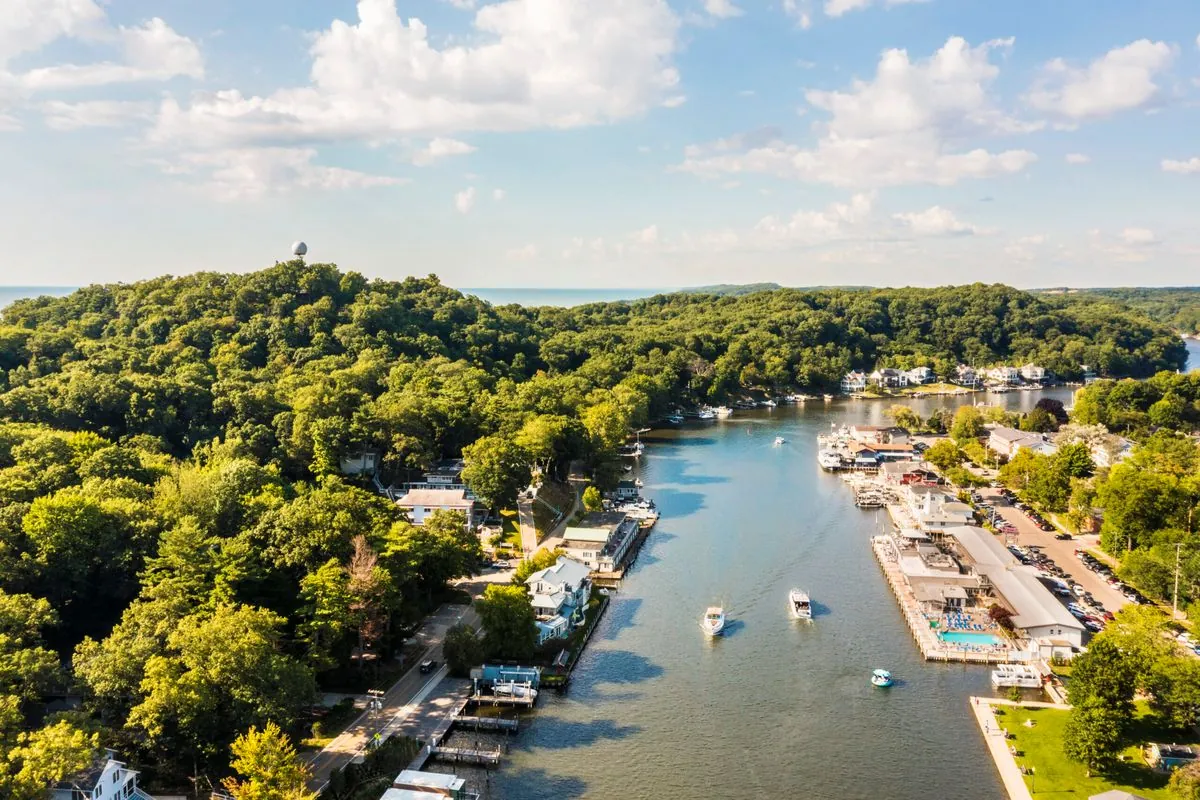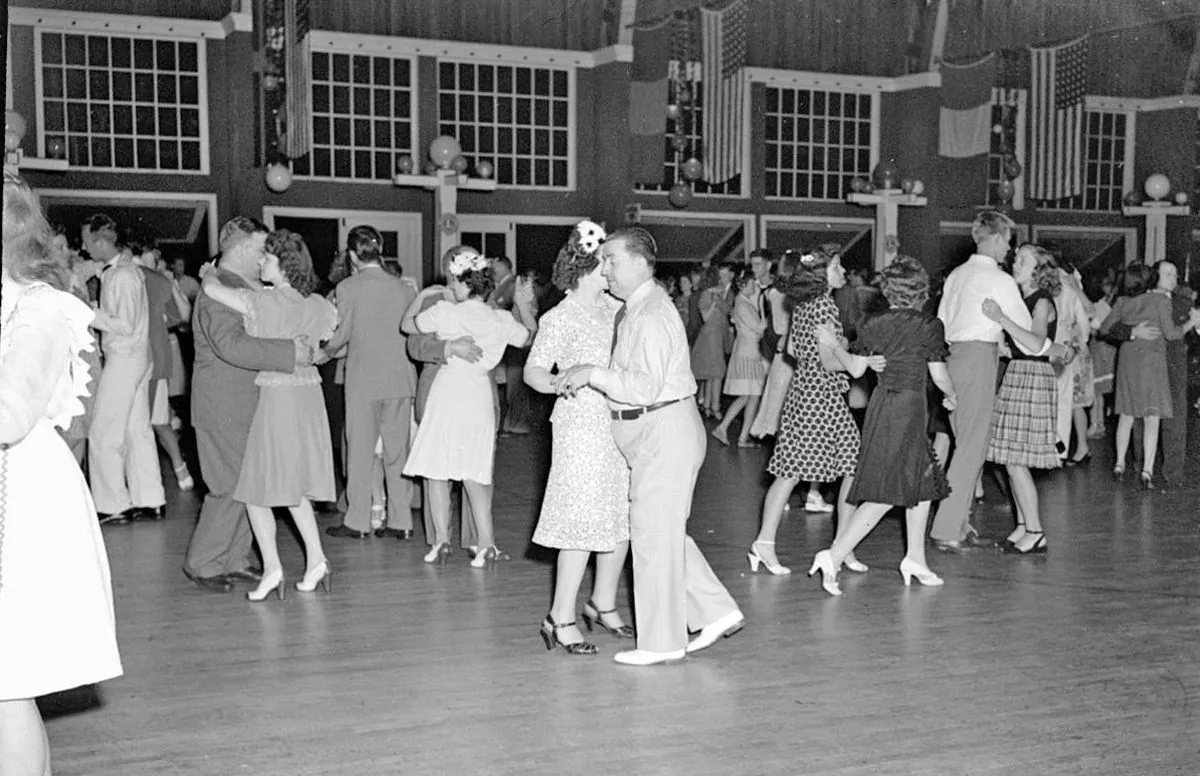Saugatuck-Douglas: Michigan's Hidden LGBTQ+ Haven
Nestled on Lake Michigan, Saugatuck and Douglas form a vibrant LGBTQ+ community. With a rich history dating back to the 19th century, these twin towns offer a unique blend of art, culture, and acceptance.

In the heart of Michigan's conservative Bible Belt, an unexpected oasis of LGBTQ+ acceptance thrives. Saugatuck and Douglas, twin towns nestled along Lake Michigan's shore, have cultivated a reputation as the "Fire Island of the Midwest" over the past century.
These small communities, with a combined population under 2,500, have become a beacon for LGBTQ+ tourists and residents seeking a welcoming environment. The area's journey from a quiet artist retreat to a vibrant queer destination is a testament to its unique charm and progressive spirit.
The roots of Saugatuck-Douglas's LGBTQ+ history can be traced back to the late 19th century. Evidence suggests that queer tourists and residents have been drawn to the area for over 120 years. The influx of artists and bohemian culture in the early 1900s played a crucial role in fostering an open-minded atmosphere.
In 1910, the Ox-Bow School of Art and Artists' Residency was founded by Frederick Fursman and Walter Marshall Clute, both from the School of the Art Institute of Chicago. This institution has been instrumental in attracting diverse, creative individuals to the area for over a century.
The 1960s marked a turning point for Saugatuck-Douglas as it gained recognition as a party destination. The Blue Tempo, a local jazz venue, became known for welcoming gay patrons despite state laws prohibiting bars from hosting groups of gay people.

The opening of The Douglas Dunes in 1981 (now The Dunes Resort) solidified the area's status as an LGBTQ+ hotspot. As one of the largest LGBTQ+ resorts in the country, it has hosted notable performers like Eartha Kitt and Linda Clifford.
Today, Saugatuck-Douglas continues to embrace its LGBTQ+ community. Pride flags adorn many businesses and homes, creating a stark contrast to neighboring conservative towns. The area boasts a variety of gay-owned and gay-friendly establishments, although the often-cited figure of 140 such businesses has been disputed.
While the towns have evolved, challenges remain. Rising costs have made the area less accessible, with some hotels charging over $500 per night. Additionally, the purchase of Denison's Beach by the Land Conservancy of West Michigan in 2009 ended its era as a clothing-optional gay beach.
Despite these changes, Saugatuck-Douglas continues to attract LGBTQ+ visitors and residents seeking a blend of natural beauty, artistic culture, and acceptance. As Jeff West, a recent transplant from West Hollywood, puts it: "This is a small community where we get to enjoy the finer things in life and be comfortable and free."
"It really stood out as like, 'this isn't normal.' Even in Chicago in the late 90s, guys weren't holding hands walking downtown. And you're really right in the middle of God's Christian reform, Southwest Michigan. So it's almost like there's a bubble over us. You have to remember that the whole world isn't like this."
As Saugatuck-Douglas looks to the future, it remains a testament to the power of community and acceptance. This Midwestern LGBTQ+ haven continues to offer a unique experience, blending small-town charm with progressive values, proving that sometimes, the most unexpected places can become the most welcoming homes.


































